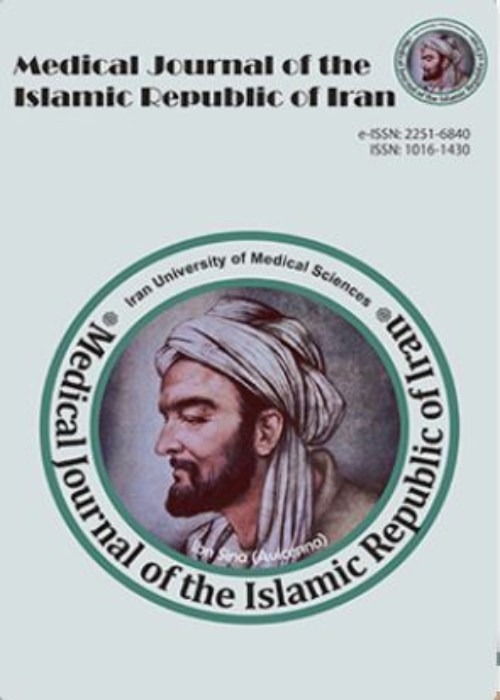Molecular Characterisation of Blood Microbiome in Patients with Ankylosing Spondylitis and Healthy Controls
In human and animal studies, ankylosing spondylitis (AS) has been increasingly linked to changes in the microbial inhabitants in the human body (microbiome). These studies have primarily now concentrated on the microbial communities that live in the gastrointestinal tract. However, evidence suggests that various molecular techniques can be used to detect microbial DNA in blood circulation. This DNA might be an unknown reservoir of biomarkers with the potential to track alterations in the microbiomes of remote locations, such as the gut. To this end, we compared the presence and identity of microbial DNA in blood samples taken from ankylosing spondylitis patients to healthy control subjects by amplifying and sequencing the bacterial 16S rRNA variable region four.
The study's design is a case study based on the presence and identity of bacterial DNA in the blood of Ankylosing spondylitis (AS) patients (n = 10) and healthy control subjects (n = 10) was investigated by amplifying and sequencing the bacterial 16S rRNA gene. Blood concentrations of the cytokines TNF alpha, IL-17A, and IL-23 were determined by the Human Magnetic Luminex Screening, and data were analysed using an Unpaired T-test.
Using PCR amplification, 8 of 10 AS patients (80%) and 8 of 10 healthy control samples (80%) had microbial 16S rRNA in their blood. At the phylum level, Proteobacteria (Control = 48.5%, AS = 52%), Firmicutes (Control = 27.8%, AS = 26.1%), Actinobacteria (Control = 15.4%, AS = 10.7%), and Bacteroidetes (Control = 6.5%, AS = 10%) dominated the blood microbiome. A two-tailed Mann-Whitney test found that Ankylosing Spondylitis was associated with significantly elevated Bacteroides (P < 0.05), Prevotella (P < 0.001), and Micrococcus (P < 0.01), and significantly reduced levels of Corynebacterium 1 (P < 0.001), Gemella (P < 0.01), and Alloprevotella (P < 0.05), compared to healthy controls. Additionally, it was shown that the presence of the Prevotella genus was highly positively correlated with higher levels of TNF-alpha (P < 0.05; r = 0.8) in AS patients' blood.
This article reveals that a blood microbiome exists in healthy individuals and identifies particular taxa modulated in disease. These blood-derived signatures indicate that this field needs more research and may be helpful as disease biomarkers.
- حق عضویت دریافتی صرف حمایت از نشریات عضو و نگهداری، تکمیل و توسعه مگیران میشود.
- پرداخت حق اشتراک و دانلود مقالات اجازه بازنشر آن در سایر رسانههای چاپی و دیجیتال را به کاربر نمیدهد.


